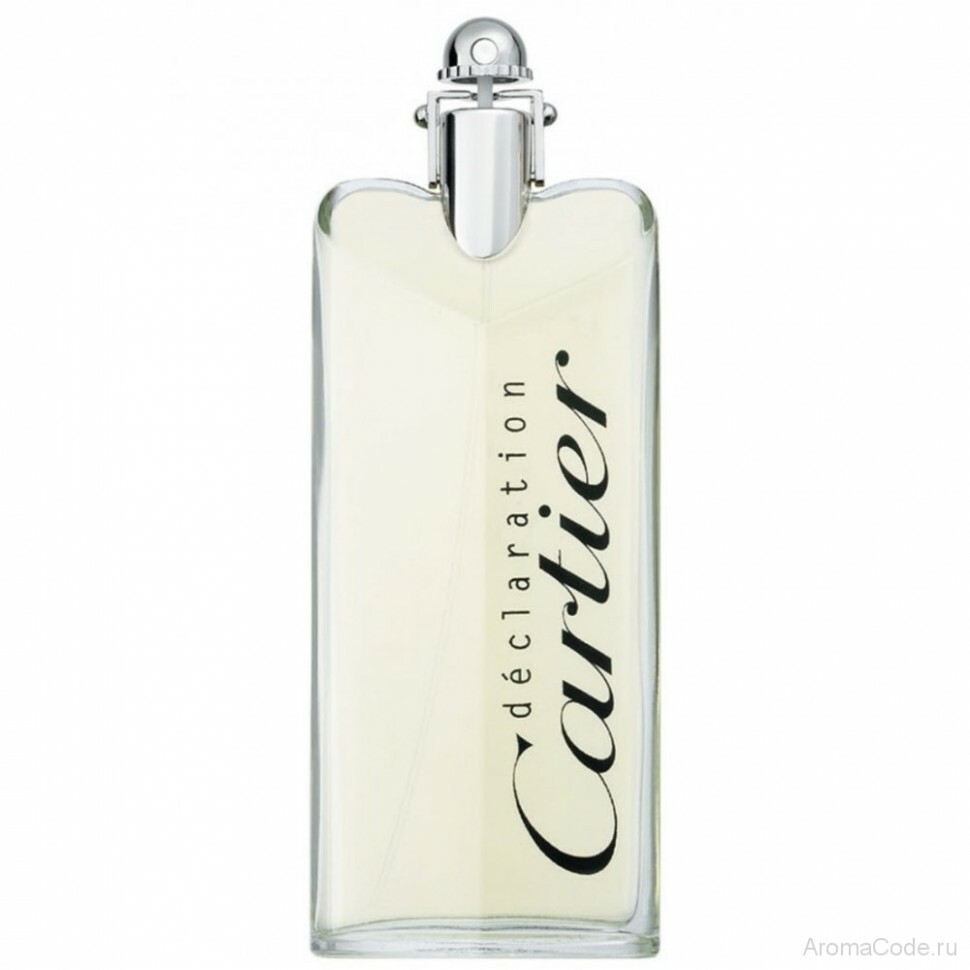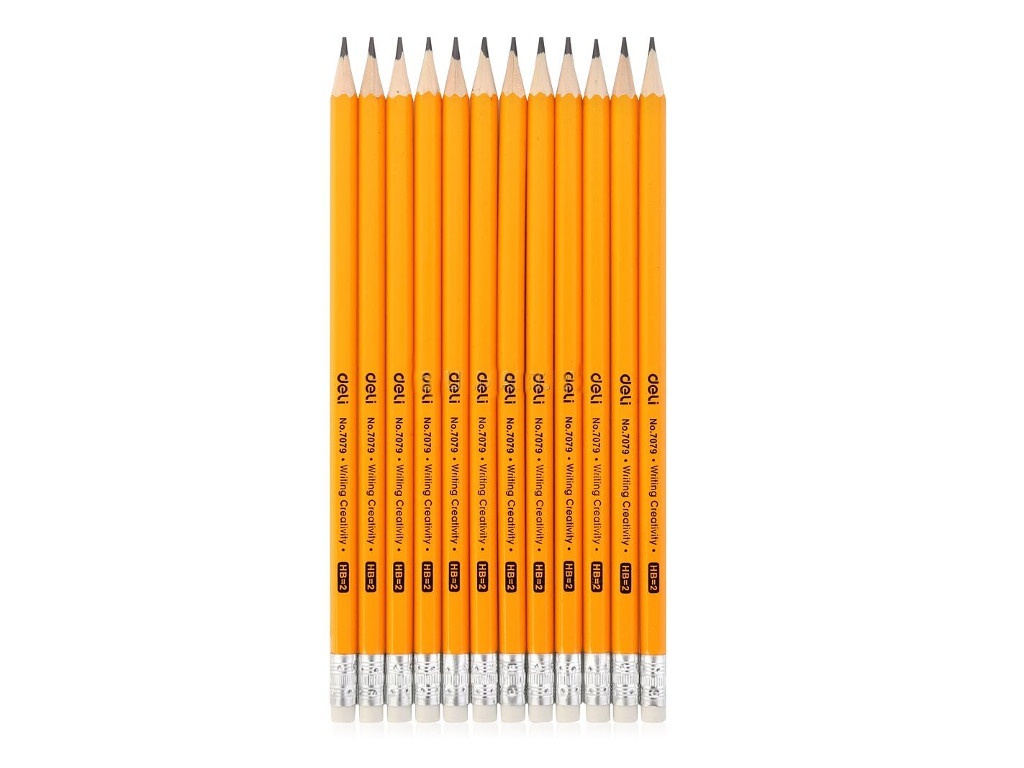 Every housewife knows that potholders, napkins and towels are indispensable attribute of the kitchen. Without these handy devices would be nothing to wipe the dirty surfaces, remove from heat hot pan or griddle, or simply wipe wet hands. Quite naturally, dishtowels gradually lose its appeal.
Every housewife knows that potholders, napkins and towels are indispensable attribute of the kitchen. Without these handy devices would be nothing to wipe the dirty surfaces, remove from heat hot pan or griddle, or simply wipe wet hands. Quite naturally, dishtowels gradually lose its appeal.
To bleach kitchen towels at home most of the housewives using chemical means, but can do more gentle methods. There are quite a few ways, and some of them prove to be much more effective than the chemical whiteners.
Content
- Tips to preserve the purity of towels
- Whitening techniques kitchen textiles
- Vegetable oil
- Laundry soap
- The use of potassium permanganate
- Peroxide and ammonia
- Soak towels with various additives
Tips to preserve the purity of towels
 Although these tips and do not relate directly to the bleaching methods, however, subject to these rules kitchen textiles It will get dirty a lot less, and the hostess would be with him a lot less worries:
Although these tips and do not relate directly to the bleaching methods, however, subject to these rules kitchen textiles It will get dirty a lot less, and the hostess would be with him a lot less worries:
- Wash towels needed every 2-3 days of use, even under the condition that the visible dirt on them there. Still, the kitchen - a place where food is prepared on a daily basis, and even if you have very good extract a certain amount of fat is deposited both on the furniture and on the kitchen textiles.
- After each wash towels must be ironed - such a procedure will help them absorb less dirt.
- Kitchen towels should be used only for its intended purpose, ie, to dry her hands and washed dishes. It is not necessary to remove the towel from the fire boiling kettle or wipe them work surfaces - for all this, there are pot holders and napkins.
- It is very desirable to use in the kitchen terry cloth - at the expense of slow drying in them the germs multiply much faster. Preference should be given wafer or linen towels.
- Get rid of the old stains will be much more difficult than from fresh, so wash the soiled towel should immediately.
- Grease and dirt from the main work surfaces and hands better to wipe with paper towels - it is essential reduce the likelihood of staining and the need to bleach towels at home there will be a lot less.
Whitening techniques kitchen textiles
 Some housewives are sure to bleach kitchen textiles, it is imperative boiling (Especially white towels), but it is not so. Boiling an extremely negative effect on the fiber fabric and contributes to their premature failure, resulting in kitchen towels last for much lessThan they otherwise would. Therefore, we will focus on gentle cleaning methods, in which the towels do not need to be boiled. Many methods are effective both for color and for white fabrics.
Some housewives are sure to bleach kitchen textiles, it is imperative boiling (Especially white towels), but it is not so. Boiling an extremely negative effect on the fiber fabric and contributes to their premature failure, resulting in kitchen towels last for much lessThan they otherwise would. Therefore, we will focus on gentle cleaning methods, in which the towels do not need to be boiled. Many methods are effective both for color and for white fabrics.
Vegetable oil
Such a method usually causes young housewives surprise. After all, oil - this oil, which hit on the fabric considerably complicates the process of its purification, how then can whiten their towels? However, the fact remains that this method is considered to be very effective in the fight against pollution of kitchen textiles. Wherein bleaching vegetable oil not only cleans towels, but also protects them from premature discoloration.
Method № 1.  For the procedure you will need:
For the procedure you will need:
- 5 liters of hot water (not boiling);
- 2 tablespoons of refined vegetable oil;
- 2 tablespoons of any bleaching agent (preferably dry);
- half a cup of detergent.
All components are mixed together and soakedtowels in the resulting solution for two or three hours, then washed them in the machine. This whitening method is considered one of the most effective, though for very serious and chronic pollution 2-3 may require processing in this way. Towels placed in the solution must be dry.
Method № 2. You need to bring:
- 15 liters of boiling water;
- 3 tablespoons refined sunflower oil;
- 3 tablespoons vinegar;
- 3 tablespoons bleach;
- 2/3 cup of washing powder.
In boiling water added to the other components and well mixed. Dirty things are soaked in a solution overnight. Morning towels need to be washed and gently squeeze. This recipe helps get rid not only of the grease, but also from the tea trails, wine or coffee. Vinegar can be replaced by an ordinary baking soda - the composition is not less effective, although it may be quite foaming.
Method № 3. For it is required:
-
 10 liters of water;
10 liters of water; - 2 tablespoon of vegetable oil;
- 2 tablespoons of a bleaching agent;
- a little more than 2/3 cup of washing powder.
You need to dial water in a metal bucket (capacity 12 liters), and then boil it on the stove. In boiling water add the remaining ingredients and mix well structure. The container is placed pre-laundered towels and dried, and then a bucket off a fire, and a bucket densely covered with the cap. This form of product is left before full cooling water, and then rinsed.
Laundry soap
 very popular and a very easy method. For such a bleaching need warm water, the usual soap with the words "72%" and a plastic bag.
very popular and a very easy method. For such a bleaching need warm water, the usual soap with the words "72%" and a plastic bag.
Kitchen towels need to soak and a good soap, and then put into the bag, to drive out the air (the laundry does not dry out) and leave things in such a way on the day. This treatment helps to get rid of yellow stains and long-standing.
The use of potassium permanganate
 The composition of the bleaching agent is quite simple, but the effect of an amazing procedure. To her of need:
The composition of the bleaching agent is quite simple, but the effect of an amazing procedure. To her of need:
- 100 g of soap;
- 10 liters of boiling water;
- hot pink solution of potassium permanganate.
The soap is rubbed on a grater, and dissolved in boiling water. In a glass jar of potassium permanganate solution was prepared and added to the soap liquid. Water should buy lurid shade. The boiling water was placed previously laundered kitchen towels, tightly covered and left for at least 6 hours. After that, things thoroughly rinse. Sometimes in this recipe soap substitute for glass washing powder.
Peroxide and ammonia
 Rather delicate bleaching process that protects the fabric from excessive damage. need the following ingredients for it:
Rather delicate bleaching process that protects the fabric from excessive damage. need the following ingredients for it:
- 6 liters of hot water (about 70 degrees);
- 2 tablespoons three percent peroxide;
- 1 tablespoon of ammonia.
The scheme of the procedure is the same as in previous cases: laundered towels are placed in a liquid in which pre-dissolve all the necessary components. To keep things in the solution need 20 minutes, then rinse them several times.
Soak towels with various additives
 These simple tips will help cope with not very complicated contamination at the stage of steeping:
These simple tips will help cope with not very complicated contamination at the stage of steeping:
- Salt. The capacity gain cool water to which common salt is added at the rate of 1 tbsp. l. per liter. In this solution, things left for 1-8 hours (depending on the degree of pollution) and then washed in a conventional manner.
- Mustard. It will take about 15 grams of mustard powder per liter of liquid. For this method, boiling water is needed - there mustard dissolved, stirring carefully. After this it is necessary to wait until the suspended particles sink to the bottom of the powder container and the liquid itself will become almost transparent. This water is carefully poured into the bowl and soaked therein towels 3 h.
- Dishwashing liquid. In 10 liters of liquid take approximately 20 grams of any detergent. This solution is left towels at least 10 minutes, then washed in a conventional manner. If your products have a pronounced greasy stains, rub them with better pre-concentrated detergent.
- Ammonia and soda. In this way, is usually treated with white kitchen towel. It is necessary to make a solution of 10 v. l. soda, 5, Art. l. ammonium chloride and 5 liters of water, wherein the products are soaked for at least 3 hour. Then, kitchen textiles rinse well and wipe.
Support the use of the popular methods of whitening difficult to overestimate: First, such an approach is much more useful health than using harsh chemicals, and secondly, it greatly saves family budget. Still, mustard or ammonia will cost much cheaper than buying bleach and stain removers. Such an approach requires a minimum of time and effort, but the cookware will always be perfect.



